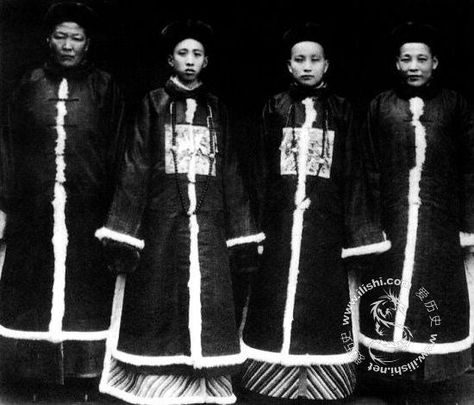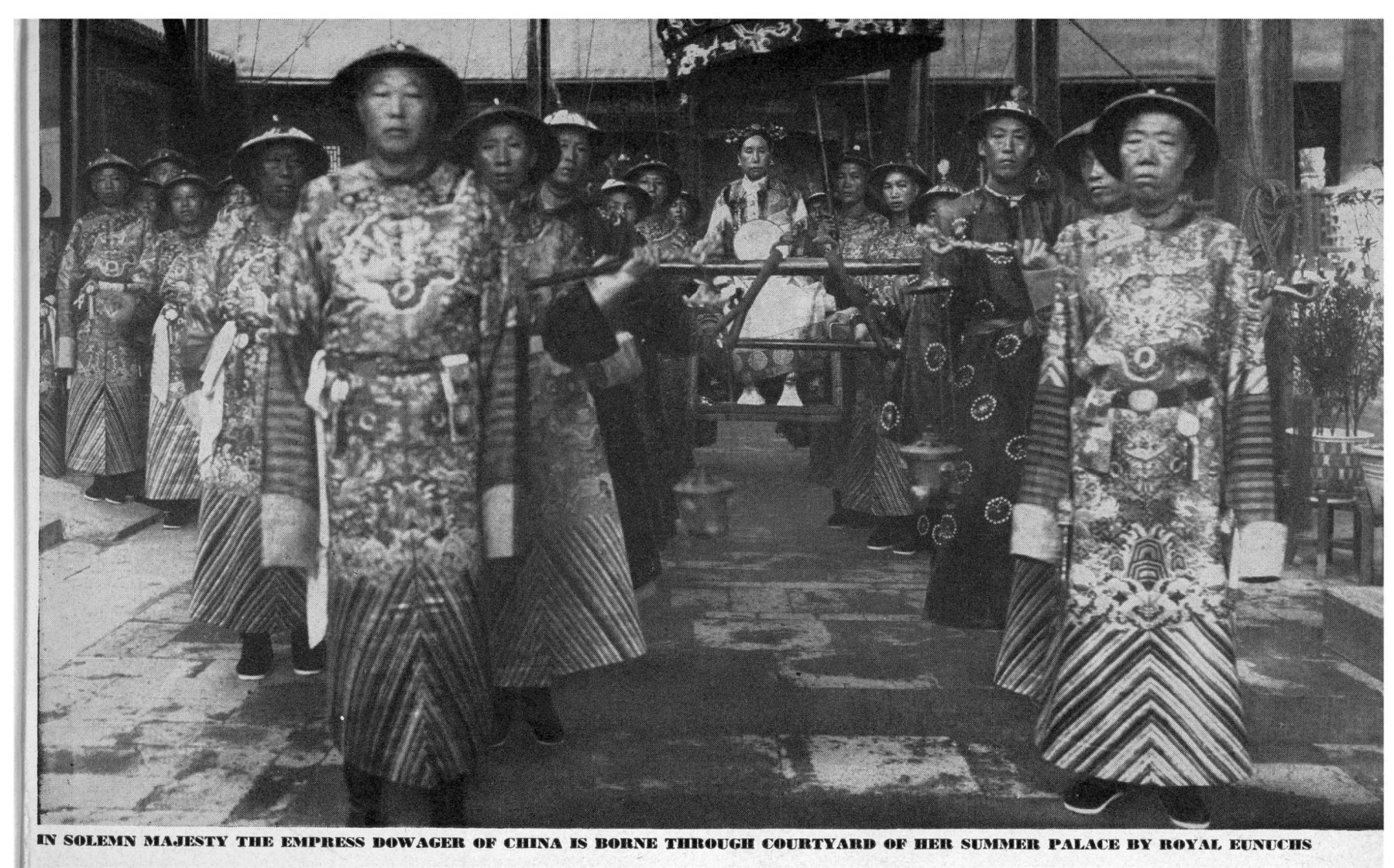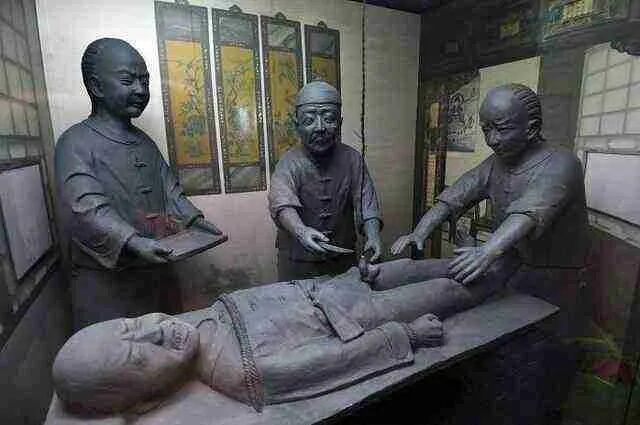
Imagine a world where power resided not in lineage or battlefield prowess, but in a unique physical alteration. Enter the eunuch, a castrated male figure who played a surprisingly prominent role in societies across history. From the opulent palaces of China to the halls of the Roman Empire, eunuchs served as advisors, administrators, and even wielded significant political influence.
But the history of eunuchs is a complex tapestry, woven with threads of power, control, and sometimes, tragedy. So, grab a metaphorical cup of tea (or something stronger, depending on the story), and let’s embark on a journey through time to explore the fascinating, and sometimes unsettling, world of eunuchs.
Eunuchs in the Ancient World
The exact origins of eunuchs remain shrouded in the mists of time. However, archaeological evidence suggests their presence in ancient Mesopotamia as early as the 2nd millennium BCE. Sumerian texts mention “galla,” castrated men who served in religious roles. Similarly, Egyptian mythology references eunuchs associated with the pharaoh’s court.
Guardians of the Harem
One of the most common roles for eunuchs throughout history was guarding the women’s quarters, particularly in royal harems. Castration ensured their physical inability to engage in sexual relations with the women they protected. This function carried immense importance, as the lineage and purity of royal bloodlines were paramount.
The Rise of the Celestial Eunuchs

China boasts the most well-documented and extensive history of eunuchs. Records indicate their presence as early as the Shang dynasty (1600-1046 BCE). By the Qin dynasty (221-206 BCE), eunuchs were firmly entrenched in the imperial bureaucracy.
Beyond the Forbidden City Walls
Castrated males served in various capacities within the Chinese imperial system. They acted as advisors, administrators, military commanders, and even tax collectors. Some eunuchs, like the legendary Zheng He, rose to immense power, leading exploratory voyages and amassing significant wealth.
A Flawed System
Despite their contributions, the eunuch system in China had its dark side. Power struggles between eunuch factions and court officials were frequent. Some eunuchs, wielding immense influence over emperors, became corrupt and abused their positions.
Eunuchs in Other Parts of the World
The practice of castration for court service wasn’t unique to China. Eunuchs were present in empires across the globe:
- The Roman Empire: Eunuchs served as advisors, administrators, and even entertainers in the Roman court.
- The Byzantine Empire: Similar to Rome, eunuchs held positions of power and influence within the Byzantine imperial structure.
- The Ottoman Empire: The Ottomans employed a large number of eunuchs, particularly as guards in the Topkapi Palace harem.
The Ethics of Castration

The practice of castration raises significant ethical concerns. Castration was often a brutal and painful procedure, with a high mortality rate. The question of consent also looms large, as many eunuchs were forcibly castrated at a young age.
The Decline and Fall of the Eunuchs
The 20th century witnessed the decline and eventual abolition of the eunuch system. Modern advancements in medicine and changing societal views rendered the practice obsolete. The last imperial eunuch in China, Sun Yaoting, passed away in 1996.
Beyond the Stereotypes
It’s important to remember that eunuchs weren’t a monolithic group. Their experiences and motivations were diverse. Some sought power and wealth, while others were driven by loyalty or a desire for a stable life within the palace walls.
A Legacy of Power and Controversy
The history of eunuchs is a complex narrative of power, control, and societal evolution. While the practice of castration is no longer condoned, the legacy of eunuchs continues to shape our understanding of courtly life, social hierarchy, and the ever-present tension between tradition and progress.
Conclusion
The story of eunuchs is a reminder of the diverse ways societies have functioned throughout history. It compels us to question power structures, the ethics of tradition, and the impact of physical alterations on human lives. Eunuchs may be figures of the past, but their presence continues to echo in the halls of history, serving as a reminder of the complexities of human ambition, societal norms, and the enduring quest for power.
You May Also Like….
- 10 K-Dramas That Will Make You Fall in Love with Medical Dramas
- History of High Heels: From Torture Devices to Fashion Must-Haves
- 10 Movies and Shows That Changed the Way We Dress
FAQs
Q1: What was the process of castration for eunuchs?
The exact methods varied across cultures and time periods. However, castration was generally a brutal and risky surgery performed without anesthesia. Mortality rates were high, and eunuchs often faced significant health complications.
Q2: Did eunuchs experience any physical or emotional consequences?
Yes. Castration could lead to hormonal imbalances, reduced muscle mass, and even psychological distress. The emotional impact of being ostracized or forcibly castrated is another crucial aspect to consider.
Q3: Weren’t there any female eunuchs?
There’s limited evidence of females undergoing procedures similar to castration. However, some cultures employed women as guards or attendants in harems, fulfilling similar roles to eunuchs. These women might have been sworn to celibacy or undergone procedures to render them infertile.
Q4: Are there any eunuchs alive today?
The practice of castration for court service is no longer prevalent. The last known imperial eunuch, Sun Yaoting of China, passed away in 1996. However, individuals who have undergone castration for medical reasons or gender identity may be alive today.
Q5: How are eunuchs portrayed in popular culture?
Eunuchs are often depicted in historical dramas and fiction. These portrayals can range from wise advisors to cunning power brokers, or even comical figures. It’s important to be critical of these portrayals and acknowledge the diversity of eunuch experiences throughout history.


